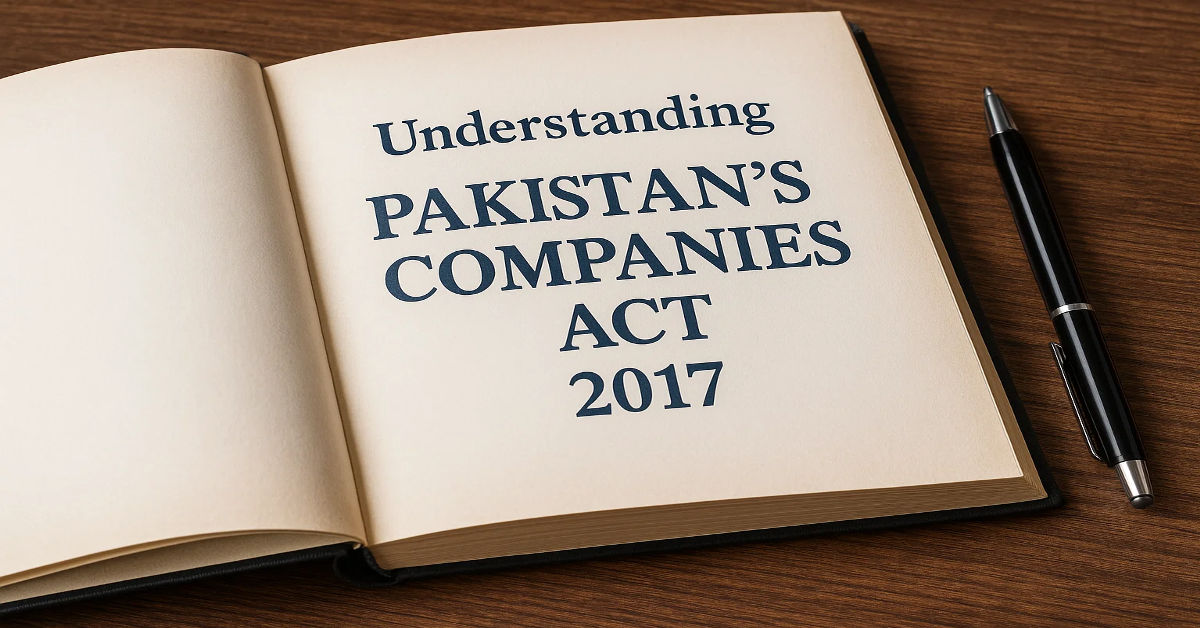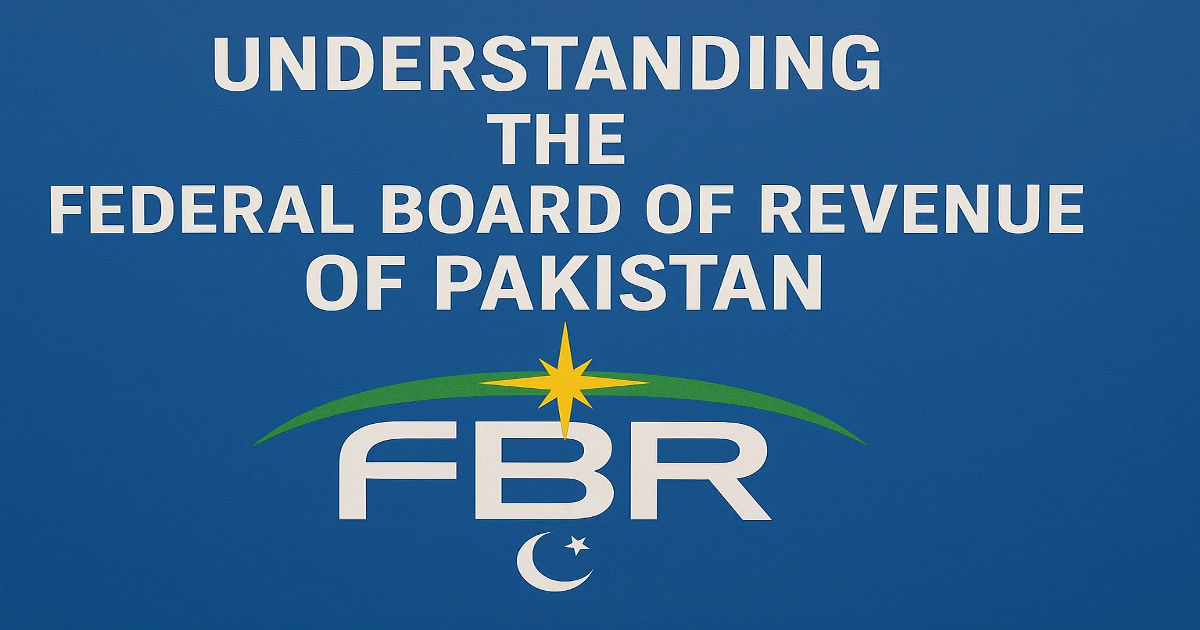
Navigating the world of corporate law can seem complex, but understanding the foundational rules is key for any business operating in Pakistan. The Companies Act 2017 serves as the primary legislation governing how companies are formed, managed, and dissolved. It replaced the older Companies Ordinance of 1984, bringing Pakistani corporate governance more in line with global standards. This law introduced significant changes aimed at improving transparency, protecting stakeholders, and making it easier to do business.
This guide will break down the essential elements of this important legislation. We will explore its key features, the types of companies it recognizes, and the compliance requirements you need to know. Whether you are an entrepreneur, an investor, or a student of law, this overview will provide clarity on Pakistan’s corporate framework.
Key Objectives of the Act
The primary goal behind introducing this new legislation was to modernize Pakistan’s corporate sector. The act focuses on several core objectives. It aims to promote the growth of the economy by simplifying the process of starting a business. It also seeks to protect the interests of shareholders, especially minority shareholders, by enforcing stricter disclosure and accountability standards. Furthermore, the act encourages the use of technology for official correspondence and record-keeping, moving towards a more efficient, paperless environment.
Major Changes from the 1984 Ordinance
One of the most notable changes was the increased emphasis on corporate governance and transparency. The shift from the Companies Ordinance 1984 to the Companies Act 2017 was a significant leap forward. The new law introduced mandatory requirements for having independent directors on the board of certain companies to ensure unbiased decision-making. It also placed greater responsibility on auditors and introduced stricter penalties for non-compliance, holding corporate officers more accountable for their actions.
Types of Companies Recognized
Under the act, several types of companies can be incorporated in Pakistan, catering to different business needs and scales. The most common structures include the Private Limited Company, which limits the number of shareholders and restricts the public transfer of shares. The Public Limited Company can offer its shares to the general public. Additionally, the Single-Member Company (SMC) allows a sole entrepreneur to form a company with limited liability, a feature that has greatly encouraged small-scale businesses and startups.
The Role of the Securities and Exchange Commission of Pakistan (SECP)
The Securities and Exchange Commission of Pakistan (SECP) is the main regulatory body responsible for administering corporate laws. The SECP oversees company incorporation, regulates capital markets, and ensures that all registered entities comply with the legal framework. The commission has the authority to investigate corporate misconduct, impose penalties, and dissolve companies that fail to meet their legal obligations, playing a vital role in maintaining a healthy business environment.
Compliance and Reporting Requirements
Companies are required to maintain proper books of accounts and file annual financial statements with the SECP. For businesses operating under the Companies Act 2017, regular compliance is crucial. They must also hold an Annual General Meeting (AGM) to keep shareholders informed about the company’s performance. The act mandates detailed disclosures in the directors’ report, providing a transparent view of the company’s affairs, including any significant transactions or corporate social responsibility initiatives undertaken.
Provisions for Foreign Companies
The Act also outlines specific rules for foreign companies wishing to operate in Pakistan. It provides a clear legal framework for them to establish a place of business, whether as a branch or a liaison office. These companies are required to register with the SECP and comply with the same reporting and disclosure standards as local companies. This structured approach helps regulate foreign investment while ensuring a level playing field for all businesses.
Protecting Shareholders and Creditors
A central theme of the law is the protection of stakeholder interests. It grants shareholders more power to question the management and provides stronger rights for minority investors. The act includes detailed provisions on related-party transactions to prevent conflicts of interest. For creditors, the law streamlines the process for winding up insolvent companies, ensuring that their claims are handled in a fair and orderly manner.
Conclusion
By focusing on transparency, accountability, and modern governance practices, it provides a solid foundation for sustainable business growth. The Companies Act 2017 is a comprehensive piece of legislation that has reshaped Pakistan’s corporate landscape. It simplifies procedures for entrepreneurs, protects the rights of investors, and aligns the country’s corporate laws with international best practices. Understanding its provisions is essential for anyone involved in the Pakistani business sector, as it sets the standard for corporate conduct and compliance.
Frequently Asked Questions (FAQs)
1. What is the main purpose of the Companies Act?
The main purpose is to modernize Pakistan’s corporate law, improve corporate governance, protect shareholder interests, and simplify the process of doing business.
2. Can a single person start a company in Pakistan?
Yes, the Act allows for the formation of a Single-Member Company (SMC), which lets an individual incorporate a business with the benefit of limited liability.
3. Who is responsible for enforcing the Businesses Act 2017?
The Securities and Exchange Commission of Pakistan (SECP) is the primary regulator responsible for administering and enforcing the Act.
4. What are the basic annual requirements for a private limited company?
A private limited company must maintain proper financial records, file annual returns and financial statements with the SECP, and hold an Annual General Meeting (AGM).



















































































































































































